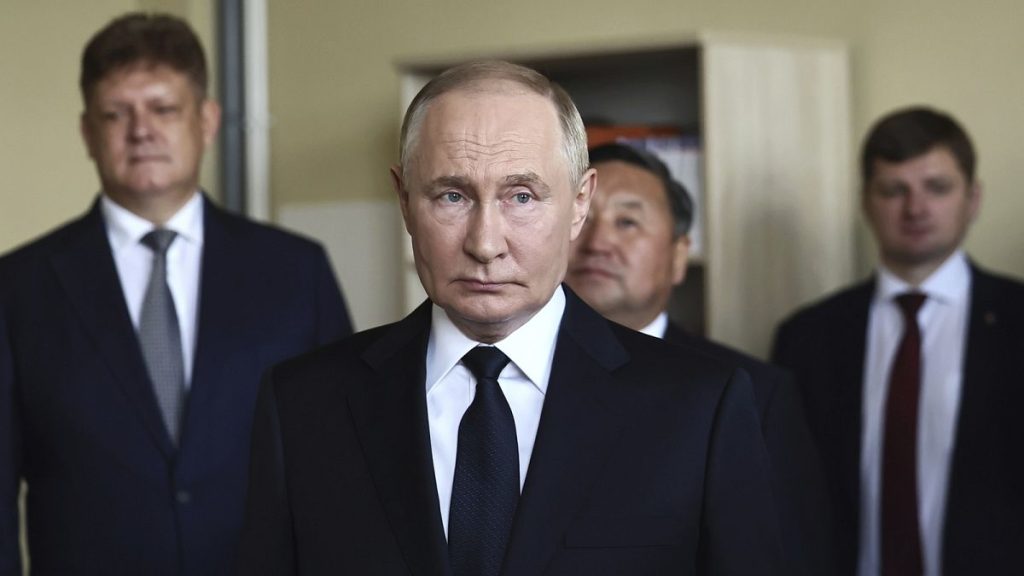Vladimir Putin has been accused of orchestrating the unlawful deportation and transfer of Ukrainian children to Russia, resulting in an arrest warrant issued against him by the International Criminal Court (ICC) for war crimes committed in Ukraine. The European Commission is urging Mongolia, a state party to the Rome Statute of the ICC, to fulfill its obligations and place Putin under arrest during his visit to the country. Mongolia, a state party to the Rome Statute since 2002, is expected to comply with the arrest warrants issued by the court, as the ICC does not have the means to enforce its decisions and relies on state parties to do so.
This marks the first time that Putin has visited the territory of an ICC party since the arrest warrant was issued against him. A previous trip to South Africa, another state party, was canceled following international outcry. The Kremlin has dismissed the charges against Putin and one of his deputies, Maria Alekseyevna Lvova-Belova, as “outrageous and unacceptable,” labeling the ICC decision as “legally void.” Russia itself is not a party to the Rome Statute. However, Mongolia is expected to comply with the arrest warrants as a state party to the treaty.
The visit from Putin to Mongolia, organized at the invitation of Mongolian President Ukhnaagiin Khürelsükh, is set to include official talks and celebrations of bilateral relations. Despite the calls from the European Commission, the ICC, and Human Rights Watch for Mongolia to either deny entry to Putin or place him under arrest, there has been no indication that Mongolia would act on the arrest warrants during the visit. The Kremlin’s spokesperson, Dmitry Peskov, has expressed confidence in the visit, stating that there are no concerns and that Russia has a good relationship with Mongolia.
The ICC, which lacks the means to enforce its decisions, relies on state parties to assist in the arrest of suspects who set foot on their soil. In the case of Putin’s visit to Mongolia, the European Commission and various organizations are urging compliance with the ICC arrest warrants. Human Rights Watch has stressed the importance of upholding the principle that no one, regardless of their power, is above the law. Mongolia was among the 94 countries that signed a joint statement in support of the ICC, demonstrating a commitment to international justice.
The ICC spokesperson reminded Mongolia of its obligations under the Rome Statute and stated that in case of non-cooperation, ICC judges may inform the Assembly of States Parties, who may take appropriate measures. One of the current ICC judges, Erdenebalsuren Damdin, is from Mongolia, adding a unique perspective to the situation. While the outcome of Putin’s visit to Mongolia remains uncertain, it has raised broader questions about the role of state parties in upholding international justice and the obligations of nations under the Rome Statute of the ICC.













